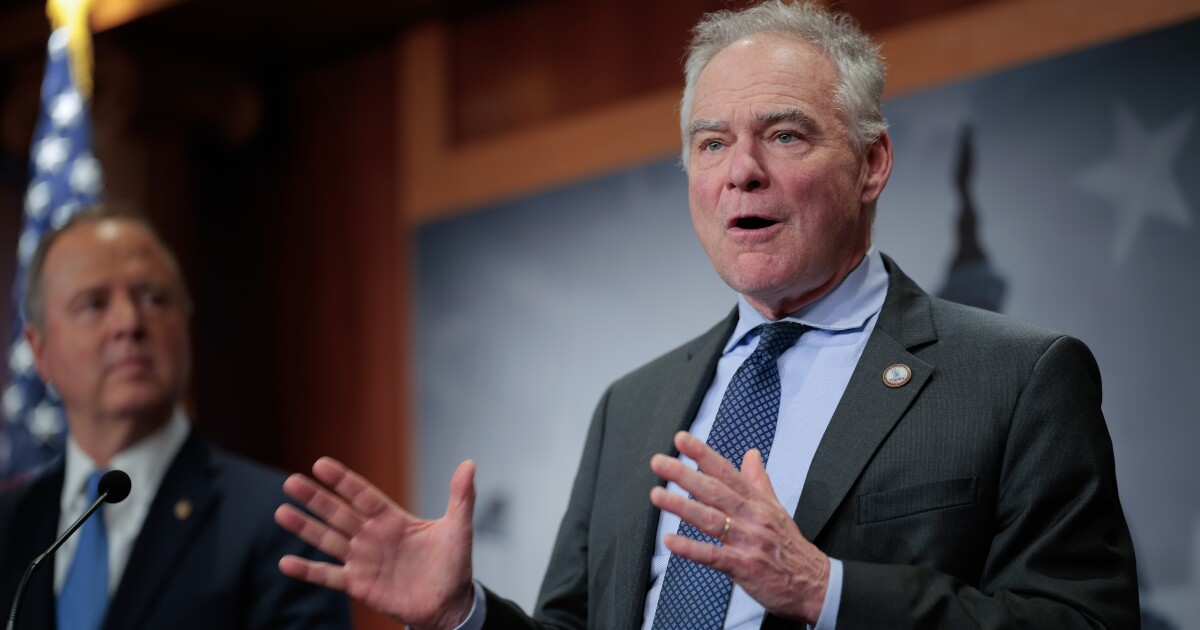The courtroom in Detroit is set to become a battleground over a contentious cannabis tax that has sparked a legal dispute questioning its adherence to Michigan’s Constitution. As the Michigan Court of Claims judge prepares for Tuesday’s hearing, the legality of a recently introduced wholesale tax on marijuana is under scrutiny.
Last month, a 24% wholesale tax on cannabis was introduced as a crucial component of a budget agreement approved by the Legislature and signed by Governor Gretchen Whitmer. This move has led to a lawsuit from the recreational marijuana sector, which argues that a previous voter-approved initiative already established a retail tax on cannabis.
Rose Tantraphol, representing the Michigan Cannabis Industry Association, criticized the new tax, declaring, “This was an unconstitutional move. End of sentence. Full stop.” According to Tantraphol, the Legislature’s action of instituting an additional wholesale marijuana tax without a supermajority violates the state’s constitutional provisions.
She explained to Michigan Public Radio, “When the state Legislature passed this law imposing a 24% wholesale tax on cannabis, it did so in violation of provisions in the state’s constitution. Lawmakers used a Trojan Horse process during chaotic middle-of-the-night actions to ram this legislation through.”
The lawsuit contends that the original initiative aimed to foster the growth of a legal recreational marijuana industry, while the newly imposed wholesale tax threatens to shut down cannabis retailers.
“Margins for cannabis businesses are already very thin and there’s no room to absorb a 24% tax,” Tantraphol noted. “Many cannabis businesses have already said they will go out of business if this 24% tax goes into effect.”
The State Budget Office has refrained from commenting on the ongoing litigation. The state’s written arguments claim that the wholesale tax is part of a new statute intended to raise $420 million for road infrastructure, not to regulate marijuana.
Robert Schneider, a Senior Research Associate with the Citizens Research Council of Michigan, suggested that the case hinges on whether the tax is sufficiently distinct from the existing retail tax. “It’s in a different statute,” he stated. “It’s charged on the wholesale price, not the retail price, so it’s different, and the court will need to decide, is it different enough? Is it a distinct tax in a sufficient way that this isn’t just sort of a workaround to the constitutional requirement?”
Both sides are seeking a swift decision in their favor. With the tax scheduled to be implemented on January 1, Judge Sima Patel is expected to expedite the ruling, possibly advancing the case to the Michigan Supreme Court. Meanwhile, the cannabis industry has requested a suspension of the tax as the legal proceedings continue.
—
Read More Michigan News










